Characteristics for processability and flow behavior
Rheological tests
Plastics exhibit viscoelastic behavior. This means that they exhibit neither properties of an ideal-elastic solid nor of an ideal-viscous liquid. The KUZ test laboratory has available various rheological testing and investigation methods. They are applied to characterize the flow behavior in the shear rate range relevant to processing and also to investigate the quiescent structure of the polymer at very small deformations or deformation rates.
Our services for rheological testing in detail
Our equipment at a glance
Melt flow rate tester
MI-3
Göttfert
Solution viscosity
Viscosity measuring system PVS 1
Lauda
Melt, rotation, oscillation rheometer
MCR 502
Anton Paar
Melt online rheometer
Injection molding rheometer
KUZ




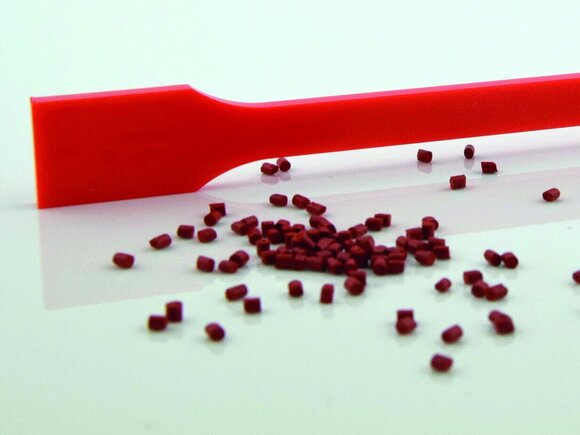
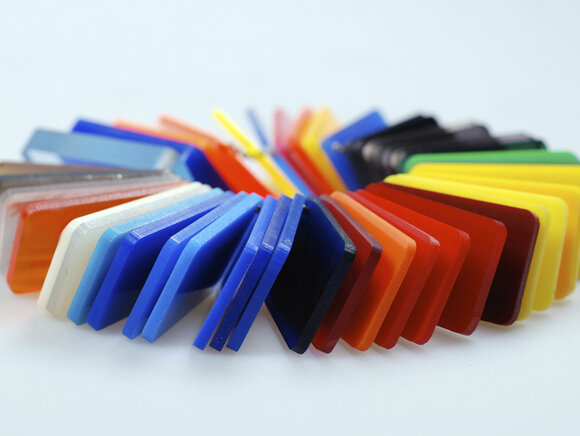
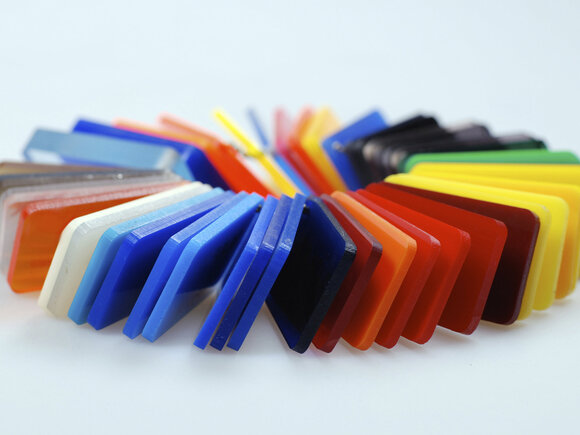
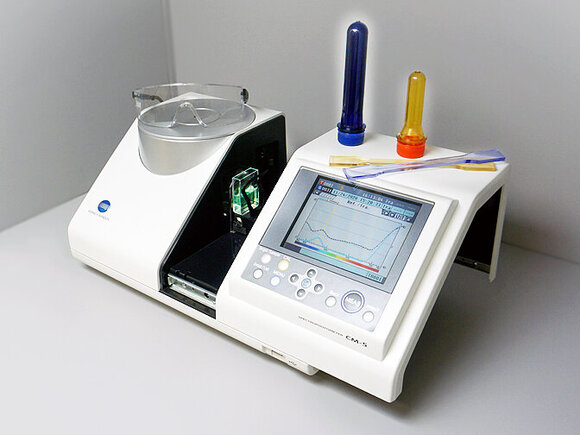
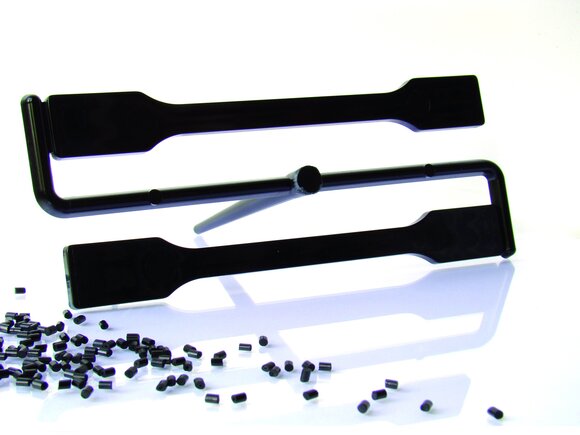




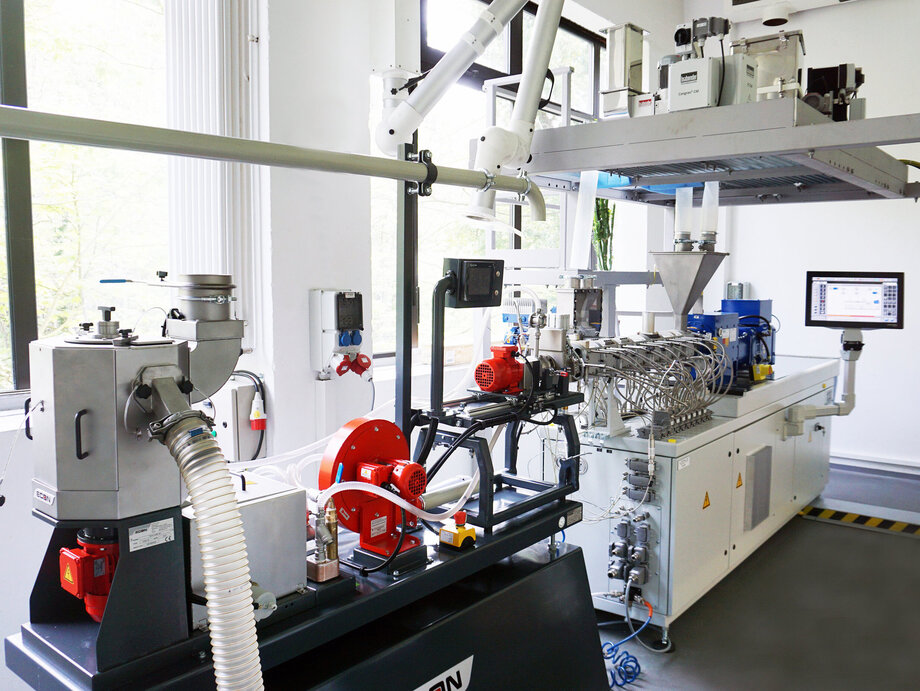
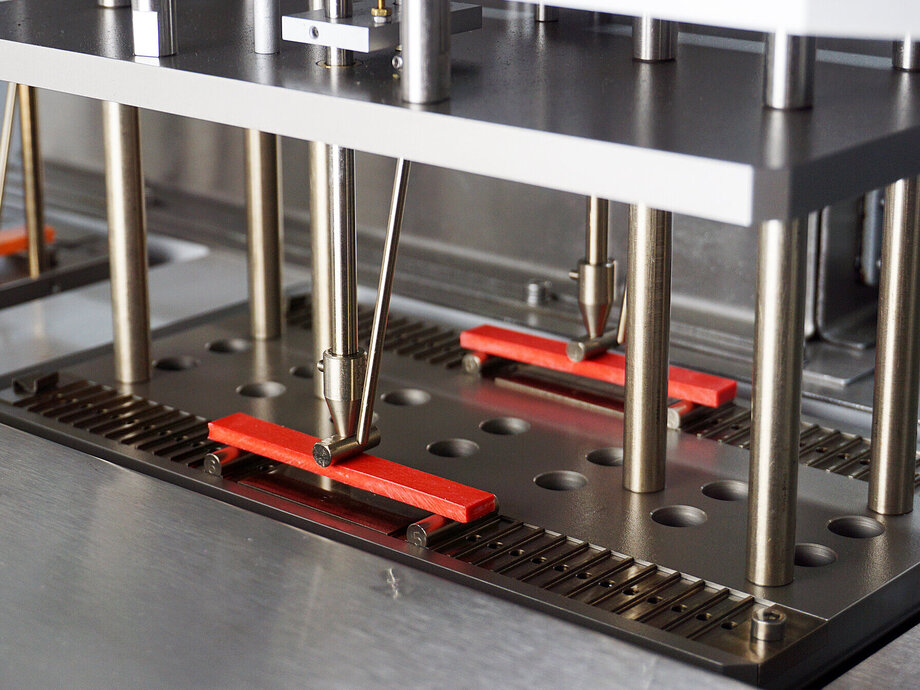
 "/>
"/>